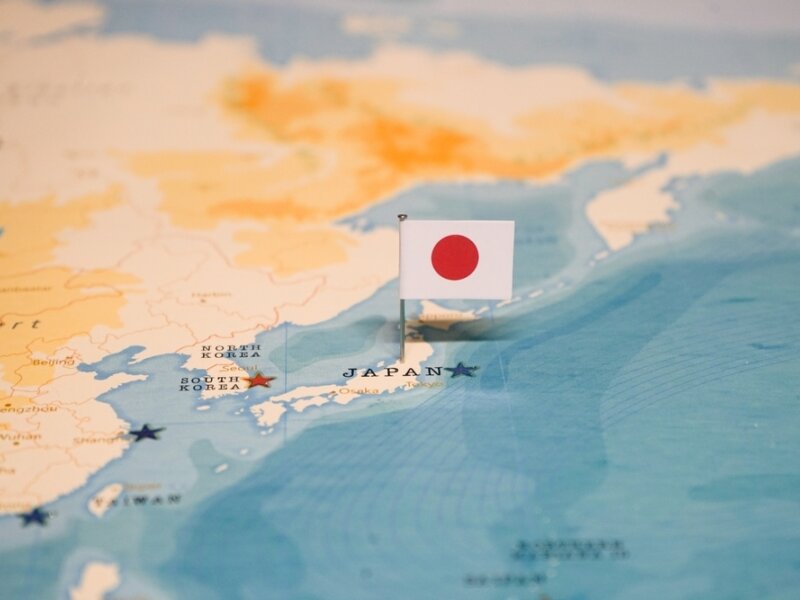The Abraham Accords one year on
One year after the signing of the agreements, a brief analysis of their geopolitical impact in the Middle East region

15 September 2021 marks the first anniversary of the Abraham Accords Peace Agreement, which established the normalization of relations between Israel, the UAE and Bahrain. Signed on the South Lawn of the White House in Washington DC, in the presence of then-President Donald Trump, former Israeli Prime Minister Benjamin Netanyahu, and the ministers of foreign affairs of the United Arab Emirates (UAE) and of the Kingdom of Bahrain, Sheikh Abdullah Bin Zayed al-Nahyan and Abdullatif bin Rashid al-Zayani, the Accords were subsequently extended to Sudan in October and Morocco in December.
This paved the way for the start of official diplomatic relations between the Arab world and Israel, spurring a wave of cooperation, talks and new and expanded business opportunities in the Near East and North Africa. One year on, this newfound Arab-Israeli collaboration is proving to be founded on practicality, efficiency and the promotion of economic growth and technological innovation, as opposed to the traditional political stalemates and mutual boycotts within the region.
There are three main outcomes worth highlighting.
Firstly, the implications of the normalization of relations with Israel go well beyond the political dimension and the successful opening of embassies and flights between Israel and Arab signatories. At a time when the region is focusing on recovering from the COVID-19 crisis and diversifying Gulf economies away from oil, economic considerations are crucial. Starting trade, foreign direct investments, infrastructural and health integration with Israel – one of the most innovative and developed economies in the Near East – was considered critical to enhance growth in a region which has one of the lowest intra-regional trade rates in the world, with just 5 percent of exports from MENA countries being directed to their regional neighbours. The signing of the Accords led to the UAE’s recent announcement that they will be making a US $10 billion investment fund available for Israeli strategic sectors such as energy production, water, space, healthcare and agri-tech. Also, a new shipping line is expected to connect a port in Saudi Arabia with the ports of Agadir and Dakhla in southern Morocco via Israel, marking the beginning of a commercial network and ever closer cooperation. Also, Israel and Bahrain have agreed on a framework for economic cooperation with the aim to encourage private sector cooperation, collaboration on standardization and regulation as well as joint R&D projects.
Second, the Abraham Accords survived the test of the resumption of violence between Israel and Hamas in the Gaza Strip in May 2021. True, this slowed down the normalization process and shrunk the prospects of a possible expansion, especially towards Saudi Arabia, but the Accords were never meant to bring an immediate breakthrough in the Israeli-Palestinian conflict. In fact, they embodied the acknowledgement by the Arab signatories that the paradigm that made the acceptance of Israel conditional on a peace deal with Palestine – as done over the past three decades – had not worked. Instead, dialogue and engagement with Israel would be required. Whether this new approach will, in the long term, help create a conducive environment for a peace deal between Israel and Palestine remains to be seen. In the meantime, as long as the Israel-Palestine conflict is contained, the implementation of the Abraham Accords is likely to expand in several economic and technological sectors.
Lastly, dialogue and cooperation between Gulf countries and Israel have a very significant impact on the stability and security of the broader Near East region as well. A more strategic partnership between Israel and Gulf countries is especially relevant in light of Iran’s reluctance to compromise on US demands, which is making reviving the nuclear deal more difficult than initially expected. Strengthened regional security cooperation in the Near East could also play an important role in containing instability spill-overs from Afghanistan. Furthermore, dialogue between different cultures and religions will have a positive impact on enhancing coexistence and pluralism, which are key to counter radical ideologies and protect minority rights. And while the Accords had been initially criticised by some for creating a new security alliance in the region, time has proven that they have not prevented Arab and Gulf countries from exploring also new avenues for dialogue and reconciliation, as illustrated by the Al Ula Declaration normalizing relations between the Arab “Quartet” and Qatar, as well as dialogue between Saudi Arabia and Iran, and the UAE and Turkey.
As such, the Abraham Accords represent an opportunity not just for the Near East, but also for the Mediterranean region. The European Union and Italy, which welcomed the Accords from the beginning, have everything to gain in the newfound Arab-Israeli cooperation, not only to discuss regional matters but also to explore partnerships that could enhance economic growth and technological innovation in their shared neighbourhood.



